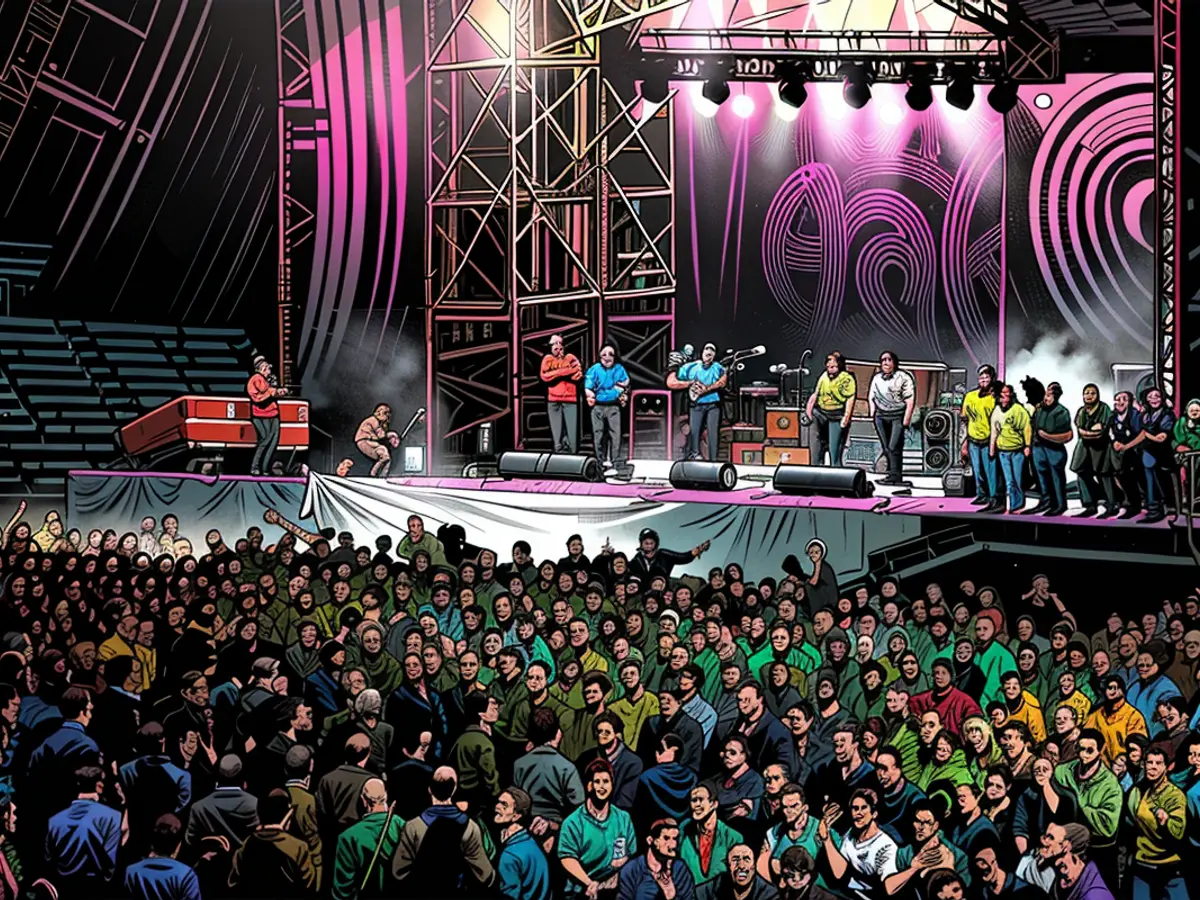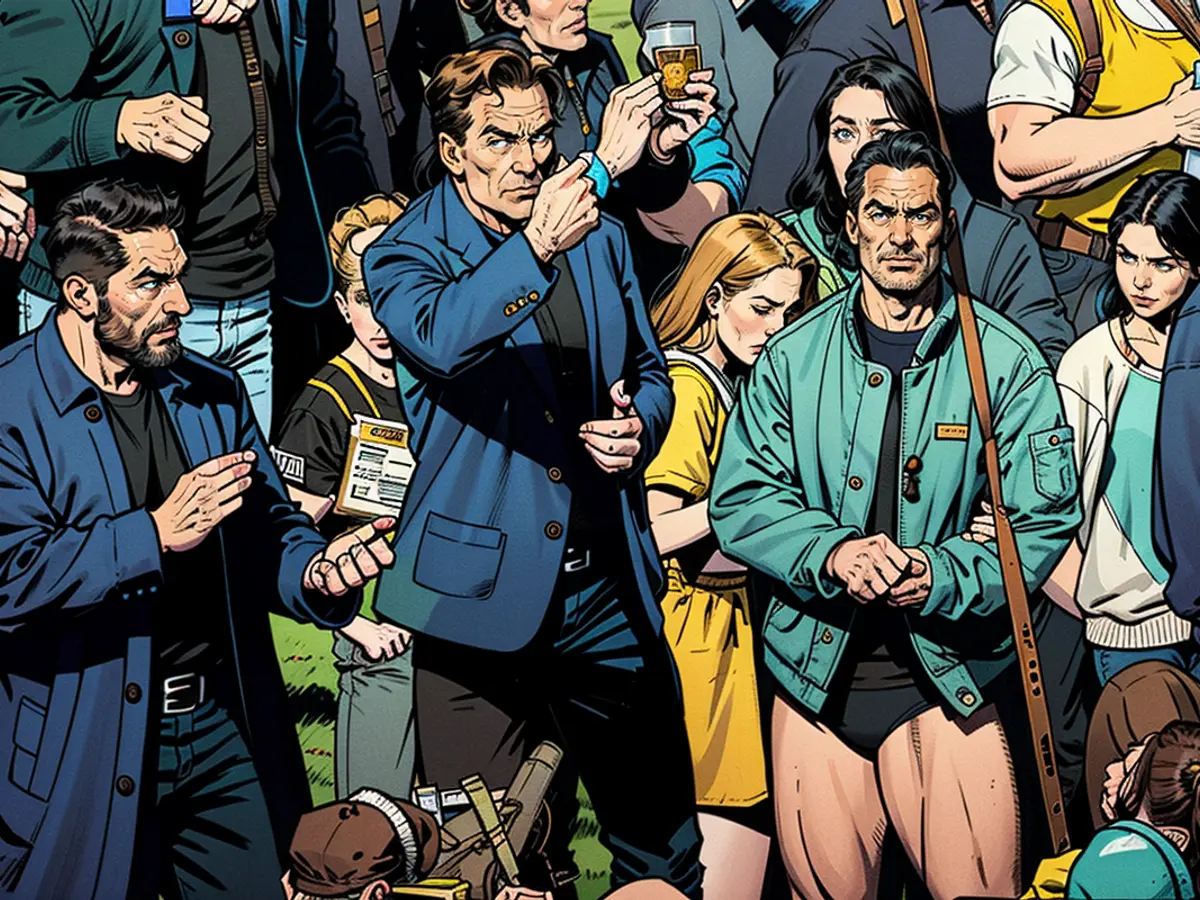New Zealand claims title for largest Haka performance globally on native soil, surpassing France's previous record.
Historically, the Haka was originally a Maori war dance, serving as a challenge to enemies and a motivational shout before going into battle. However, today, it's also used to celebrate Maori heritage and culture, as well as to unite people during times of mourning.
The spectacle of the Haka – with its pounding feet, pumping fists, and strained vocal cords – is deeply ingrained in New Zealand culture and is famously used by the nation's rugby teams as a pre-match ritual.
Over 6,500 individuals participated in the record-breaking event in Auckland on Sunday, as per Eden Park officials. This surpassed the previous record holder, France, with 4,028 participants in 2014.
Eden Park's Chief Executive, Nick Sautner, stated, "It's not just about numbers... It's about honoring our cultural legacy on a global stage."
Participants filled the sports ground with deafening cheers that night. They puffed out their chests, pounded the floor, and made intimidating facial expressions, as shown in a video posted on Haka Record's Instagram.
The organizer, Raukatauri Music Therapy Trust, called for a change in France's record holder status ahead of the event, urging the participants, "Stand as a nation and bring the Haka home."

Guinness World Records adjudicator Brian Sobel confirmed the record, although the final number of attendees might still be adjusted, RNZ reported.
Celebrities like American TV host Conan O'Brien, New Zealand director Taika Waititi, and former boxer David Tua were present in the crowd, according to RNZ.
The Haka had to be performed for a minute, so the crowd performed Ka Mate, the most famous Haka routine, four times consecutively to comply with the requirement. This dance was choreographed by Te Rauparaha, a prominent Maori leader from the 19th century.
Though the Haka has been widely accepted by various sections of New Zealand society, the Maori community, which comprises approximately 20% of the country's over 5 million population, often encounters discrimination. This results in poorer health, education, and educational outcomes, as well as higher incarceration rates for the community.
This year, protests have erupted in response to New Zealand's right-wing government proposing to dismantle the Maori Health Authority, curtail the use of the Maori language, and abolish restrictions on tobacco sales – measures sought by Maori leaders to combat high smoking rates within their community.

The Haka's popularity as a unifying symbol extended beyond the sports field, with many choosing to learn and perform it as a tribute to Maori culture. During their visit to New Zealand, Conan O'Brien and his team even joined in a Haka performance.
Despite the widespread appreciation for the Haka, it remains a significant aspect of the ongoing discourse around Maori rights and representation in New Zealand, influencing discussions about culture, heritage, and equality.
Read also:
- Fear of escalation in the Middle East: US Secretary of State Blinken travels to the region again
- Government circles: US Secretary of State Blinken to travel to Middle East again
- Bridging days 2024: How you can double your vacation this year
- Germany has wanderlust: how tour operators and airlines are looking ahead to the next travel year








